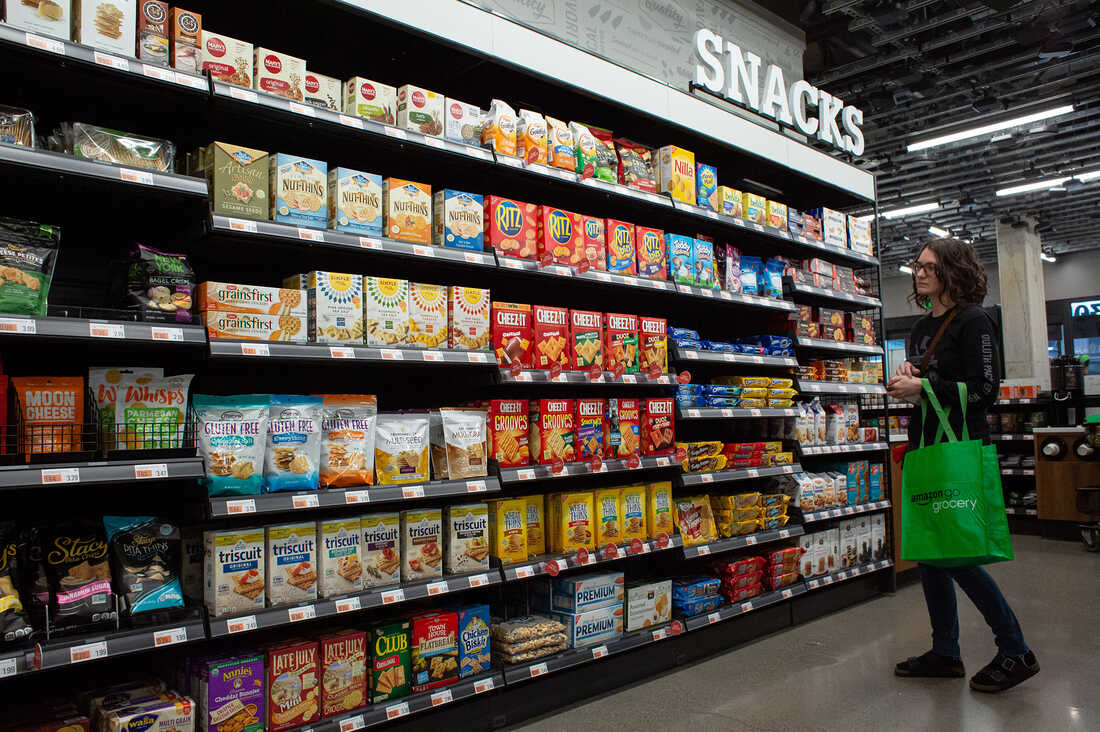Mini marts, often tucked away in neighborhoods or strategically placed at busy intersections, have become integral parts of local communities. These compact convenience stores offer more than just a quick stop for essentials; they play a significant role in shaping the dynamics and well-being of the communities they serve.
One of the key impacts of mini marts is the enhanced convenience they bring to residents. Unlike larger supermarkets that may require a longer commute, mini marts are typically within walking distance for many individuals. This accessibility is particularly valuable for those without reliable transportation, such as the elderly or individuals with mobility challenges. The ability to obtain daily necessities close to home fosters a sense of self-sufficiency and community cohesion.
Moreover, mini marts contribute to the local economy by providing job opportunities within the community. Many of these stores are independently owned, creating a network of small businesses that stimulate economic growth at the grassroots level. Local residents often find employment within these mini marts, promoting a sense of ownership and pride in contributing to the economic vitality of their community.
In addition to economic contributions, mini marts play a vital role in addressing food deserts—areas with limited access to fresh and affordable food. While mini marts may not offer the same extensive selection as larger supermarkets, they often carry a variety of essential groceries, ensuring that residents have access to basic food items without having to travel long distances. This can be particularly impactful in urban areas where access to fresh produce is limited.
The social aspect of mini marts cannot be overlooked. These stores often serve as informal gathering spots, fostering a sense of community. Residents may bump into neighbors while picking up groceries, creating opportunities for social interaction. Mini marts become more than just places to buy goods; they serve as community hubs where people connect and share local news and events.
However, it’s crucial to acknowledge some challenges associated with mini marts. Critics argue that the convenience they provide may come at the cost of health, as the limited space often results in a higher concentration of processed and unhealthy food options. Balancing convenience with the promotion of healthy choices is a challenge that mini marts must address to ensure the overall well-being of their communities.
In conclusion, mini marts go beyond mere convenience; they have a profound impact on local communities. From providing essential goods and job opportunities to fostering social connections and addressing food deserts, these small but mighty stores play a crucial role in shaping the fabric of the neighborhoods they serve.

